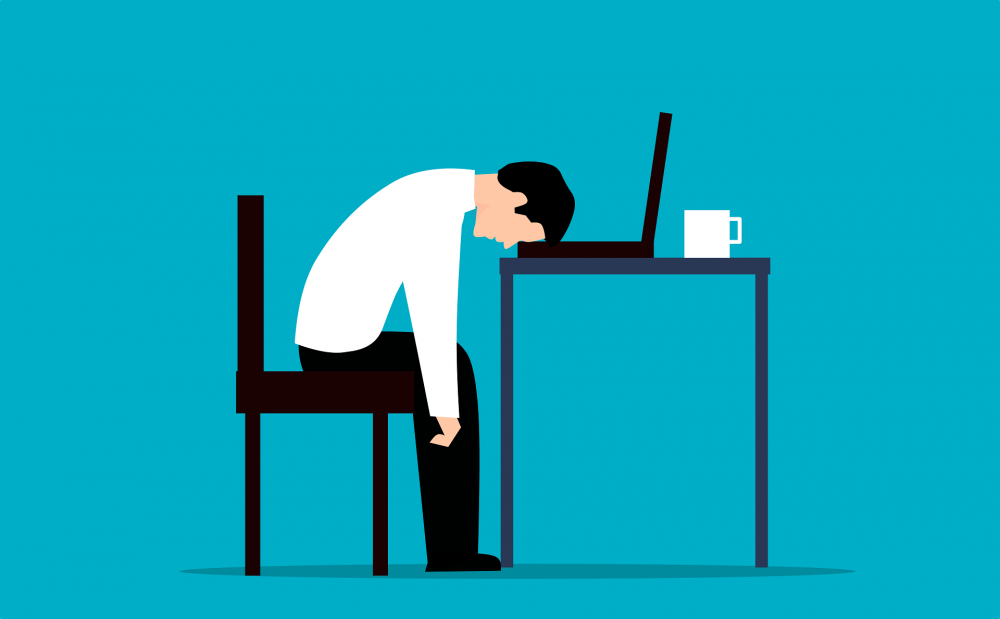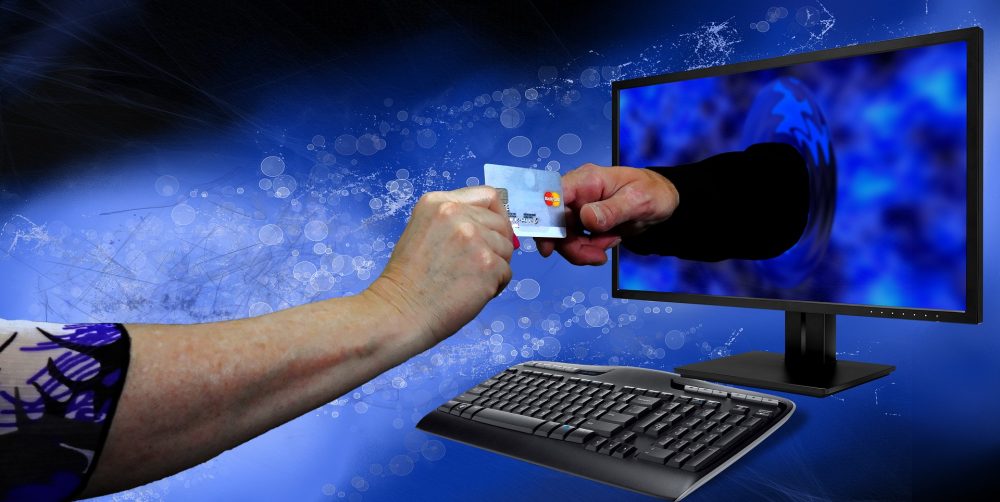These days, the threat of hacking and cyber attacks is a real concern for individuals and for businesses. The chance of falling victim to malicious hackers is not small and detecting it as early as possible could be the key to minimizing the damage done.
But how can you tell if you’ve been hacked? Here are some telltale signs to look out for:
Unusual Account Activity
One clear sign of a hack might be if you notice unusual activity on your online accounts. This could include unauthorized transactions, unexplained password changes or notifications of suspicious login attempts that don’t make sense to you. Keep a close eye on your bank and email accounts for any unexpected changes.
Slowdowns
If your computer, smartphone, or other devices suddenly start running slowly or behaving erratically, it could be a sign of malware or a hack. Malicious software can drain your device’s resources and compromise its performance.
Install and run some software like Malwarebytes (there’s a free version), scan your system with anti-virus software and make sure that your operating system is as up to date as possible (and don’t procrastinate of security updates).
Pop-ups and Ads
An influx of pop-up ads or unwanted advertisements, especially when you’re not browsing the internet, can be a sign of malware infection. Clicking on these ads in any way could lead to phishing websites or further compromise your system.
Changed Settings
If hackers gain control of your machine they will often adjust your device or account settings to keep control of it. If you notice changes to your device settings, your email rules or account preferences that you didn’t make, that too is a red flag and you should look into it.
Data Usage and Altered Files
Keep an eye on your data usage, especially if you have a limited data plan. An unexplained increase in data usage could be the signs of malware sending unauthorised information back to a remote server.
Check your files and folders for any missing or altered documents, images, or data. Some hacks involve encrypting your files and demanding a ransom for their release.

Unexpected Emails and Phishing
Be cautious of unexpected emails or messages from friends, family, or colleagues, especially if they contain suspicious links, attachments or incongruous language, they may have been hacked. Similarly, your hacked account may be used to spread malware to others.
If you receive emails or messages asking for sensitive information like passwords or credit card details, be extremely cautious. Legitimate organizations don’t usually request such information via email.
Unfamiliar Devices
Some services allow you to review a list of devices that have accessed your accounts. If you see an unfamiliar device or IP address, it could be a malicious user who has gained access to your private information.
So if you suspect you’ve been hacked you should take immediate action. Change your passwords as soon as possible and run a full system scan with updated antivirus software. If you spot any unauthorized transactions contact your bank or service providers.
Hacks can have a devastating impact and be awkward to repair. If you are unable to resolve the situation to your satisfaction you should seek out some help. We often assist our customers who are concerned that their accounts, email or website have been hacked.
Knowing how to recognize the signs of a hack is important but overall, prevention is the best policy. Use strong passwords with a password manager, keep your device software up to date, utilise security software like anti-virus programs where you can and above all, ask for help if it’s all too much.

